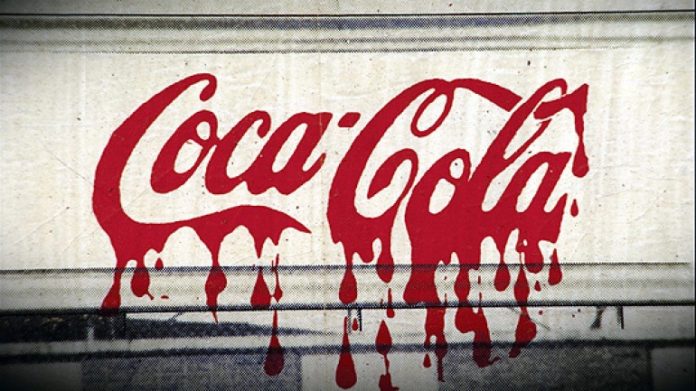As per reports, in a petition [WP(C) 3943/2017] filed by producer, Jharana Jhaveri challenging the CBFC and FCAT’s decision denying certification to her documentary on soft drink giant Coca Cola on the ground of defamation, the Delhi High Court today (Feb 15, 2018) questioned the CBFC as to how could it deny certificate to a film on the ground of defamation if a film-maker says his work, which could be defamatory, is correct and truthful. Justice Vibhu Bhakru further asked the CBFC whether it could curtail a media organisation from covering a protest. Justice Bhakru also said if the documentary defames Coca Cola, it will sue them for damages or for stopping them from showing the film. The court asked the petitioner to make the company also a party to the proceedings so that its side can also be heard.
Justice Vibhu Bakhru’s queries to the Central Board of Film Certification (CBFC) came during the hearing of a Jharana Jhaveri’s plea that her documentary on two units of soft drink giant Coca Cola was denied clearance for screening by the censor board which claimed it was allegedly “misleading and politically motivated”.
When the producer, Jharana Jhaveri, went in appeal to the Film Certification Appellate Tribunal (FCAT), it upheld the CBFC’s August 31, 2016 decision denying clearance to the documentary and saying it was “replete with per se defamatory imputations“.
The petitioner has challenged the CBFC’s decision as well as the May 8, 2017 order of the FCAT denying clearance to the film which is focused on two plants at Mehdiganj in north-eastern Uttar Pradesh, where villagers were shown making negative statements about the soft drink giant’s units.
The Court has listed the matter for hearing on April 18. Defending its decision, the censor board said the allegations in the film against Coca Cola were unsubstantiated and would ruin relations with a friendly state — United States of America. The court did not accept the contention saying then it “would mean that people of this country cannot say anything. It would mean no one can say anything about the 1962 Sino-India war as it could affect friendly relations with China,” it added. The court also said that there was nothing in the film which would put at risk the sovereignty, integrity and the national security of the country. It also observed that there was nothing obscene about the film, nor did it have any content which went against public order.
Image source: here













